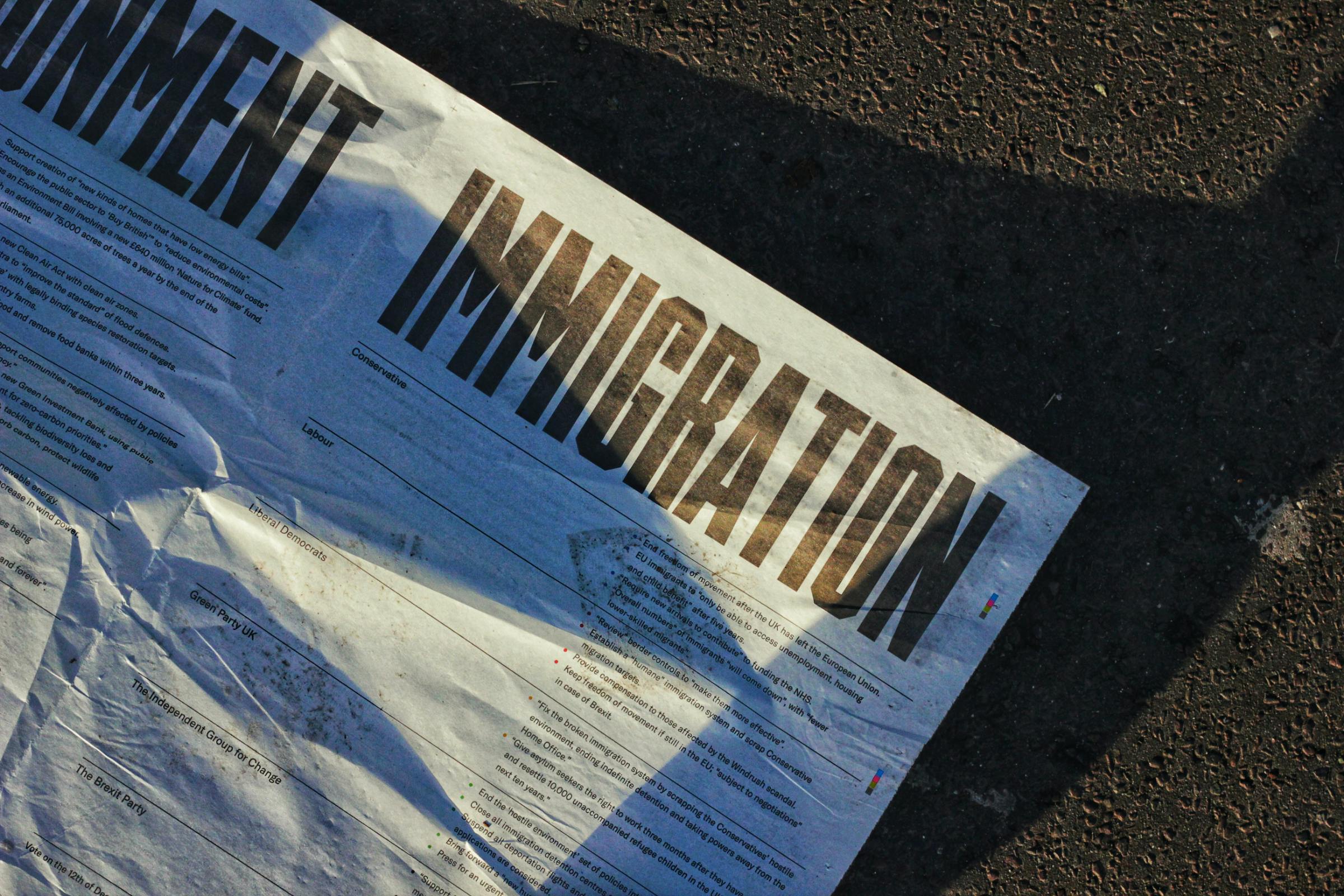The adjustment of status process for most applicants (marriage green card, visa holders seeking to adjust status, and other non-immigrant visa holders) requires a green card interview. This is part of the standard procedure, and usually one of the final steps for those seeking a green card and legal permanent residence inside the United States. However, when it comes to refugees and asylees, green card interviews are determined by USCIS officers on a case by case basis. This means that it may not be necessary for an asylee, for example, to have a green card interview. USCIS officers must admit asylees if they meet all of the criteria for admissibility, and they must interview applicants when it is unclear if admissibility becomes questionable.
As such, the USCIS has recently as of December 15th, updated the regulatory criteria they use to determine via case-by-case basis… “whether an interview is necessary to determine the admissibility of an alien applying for lawful permanent resident status under INA 209”.
The criteria can be found on the USCIS policy manual link, which is available here. This section pertains to the Adjudication Procedures for reviewing officers.
Interview Criteria
Interviews are generally required when a USCIS officer needs more evidence from the asylee/refugee in question. It might be the case that an officer, for example, is unable to verify an applicant’s identity or determine their admissibility based solely on the records the applicant has provided. Overall, cases are referred for an interview based on the following criteria:
- Immigration records are at the time of processing insufficient to prove that the applicant has actually a legal refugee status
- The applicant has claimed a new identity in their case. Their name is not matching up with their A-file record
- The officer determines that the applicant is inadmissible but that an interview is necessary to determine if a waiver is appropriate.
- The applicant has articulable national security or terrorism-related ground of inadmissibility concern
- An interview would yield more clarifying information from the applicant, as some of their responses on USCIS documentation is incomplete or impossible to determine
- The applicant is a citizen of, or last habitually resided in, a country that is now, or was at the time of the last residence, a state sponsor of terrorism.
The list, for those viewing, has now been updated according to a policy document released by the official seal of the Department of Homeland Security (DHS). In the statement given, it reads:
“USCIS is expanding the interview criteria for adjustment applications filed by asylees, refugees, and their derivative family members to help ensure program integrity and improve the detection of fraud, misrepresentation, national security threats, and public safety risks.”
The full letter is available here.














